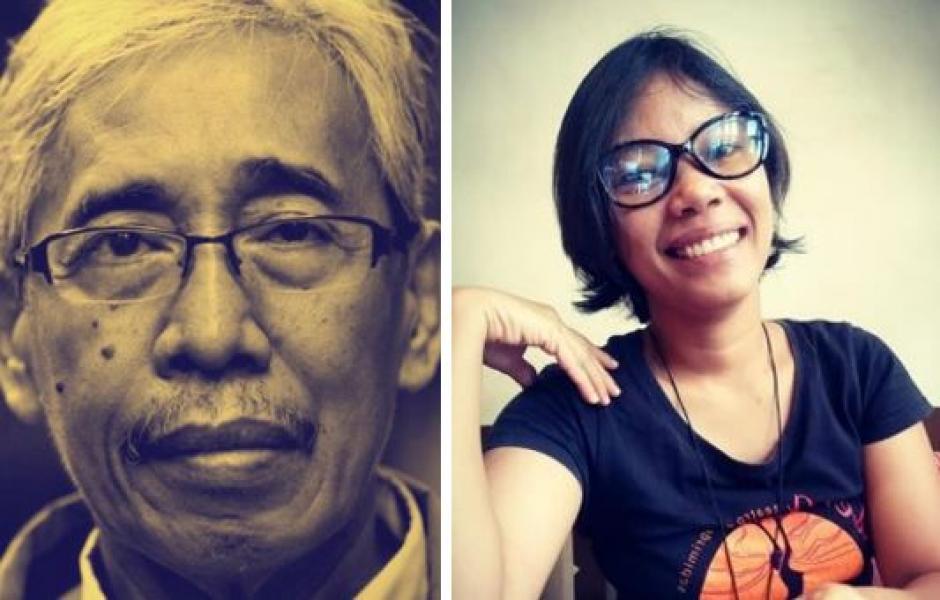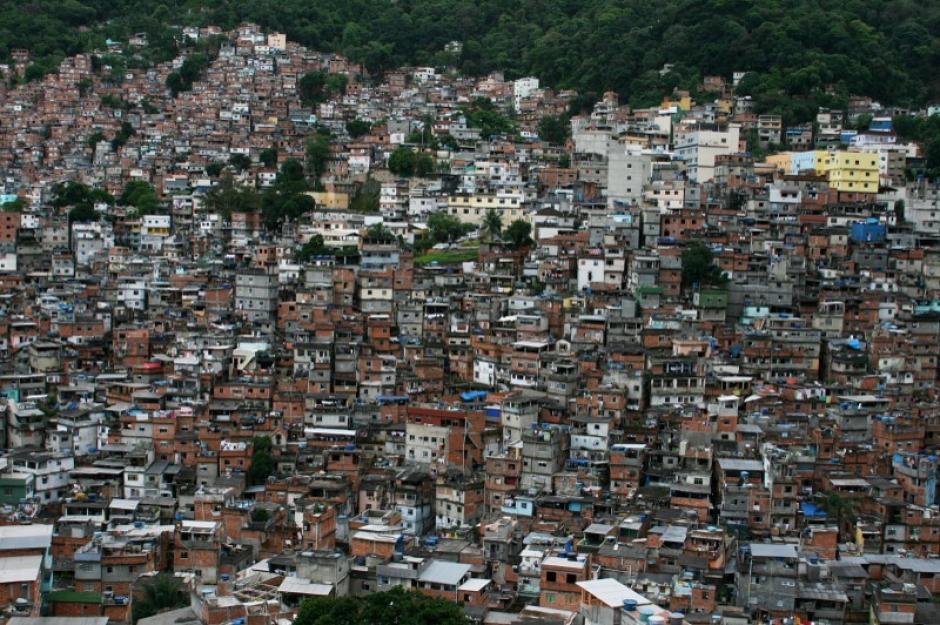UPDATED: On 9 March 2021, ESCR-Net sent a follow up letter to the UN Special Rapporteur on the rights of indigenous peoples and the UN Special Rapporteur on the situation of human rights defenders regarding the ongoing criminalization and harassment of indigenous human rights defenders in the context of the struggle for Maasai rights to their ancestral lands.
****
On 9 July 2020, ESCR-Net sent a collective letter to the Kenyan authorities expressing concern regarding the judicial harassment of Nalengoyo Ole Torome from ESCR-Net member Narasha Community Development Group and a community leader of the indigenous Maasai community.
The judicial harassment is taking place in the context of a long standing land dispute and appears to be an attempt to intimidate Mr. Torome and the wider community to discourage their legitimate human rights work. The indigenous Maasai community has been engaged in a decades-long struggle to claim their ancestral land located on what is now known as the Kedong Ranch.
In the meantime, the land has been concessioned to various projects including a dry port and several geothermal plants. These projects have been effected without meaningful consultation of the Maasai communities and in violation of their right to free, prior and informed consent (FPIC).
According to ESCR-Net member International Accountability Project, these projects have already raised concerns relating to serious human rights and environmental violations, resulting in the withdrawal of funding by the European Investment Bank in late 2019. The projects have led to the repeated, forcible displacements of Maasai communities. These displacements have involved the destruction of houses and property, as well as inhibiting the Maasai communities from engaging in their traditional way of life
The collective letter calls upon the Kenyan government to:
- Undertake prompt, effective, independent and impartial investigations into the circumstances leading to the charges against Mr Nalengoyo Ole Torome, including investigation into any undue corporate influence which has led to the criminalisation of his lawful activities to defend and promote human rights.
- End criminalisation and harassment of Nalengoyo Ole Torome and all human rights defenders in Kenya and guarantee an enabling environment where human rights defenders can work free from attacks.
- Take all possible steps to limit corporate capture of the State and the undue corporate influence over the police, other government institutions and public processes, including via effective legislative, policy and judicial enforcement mechanisms which enable the state to safeguard the human rights of its population, regardless of any business interests at-stake.
- Upholds human rights and environmental sustainability, including the right of indigenous peoples to free, prior and informed consent over any prospective development project affecting them, their ancestral lands, territories, and natural resources, and enable people to sustain their livelihoods and live in dignity.
- Protect against human rights violations by private actors, including by adopting effective measures to ensure compliance with the United Nations Guiding Principles on Business and Human Rights. This includes regularizing corporate activity via domestic legislation that can ensure corporate accountability, and supporting multilateral processes, such as the UN Intergovernmental Working Group process in Geneva to develop a legally binding instrument to regulate corporate activity internationally.

